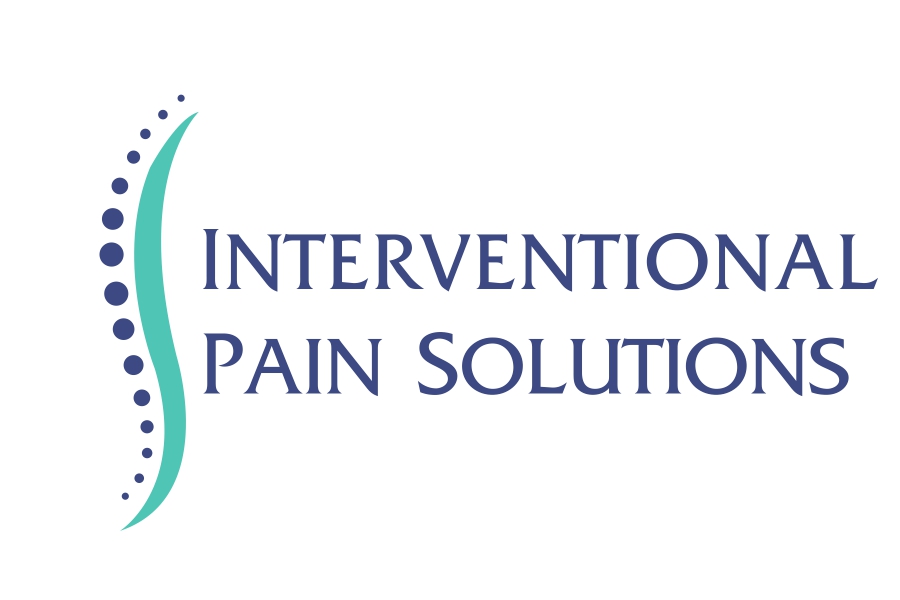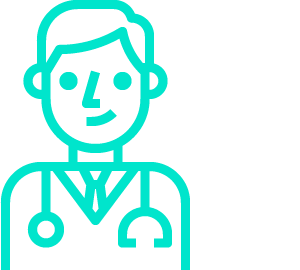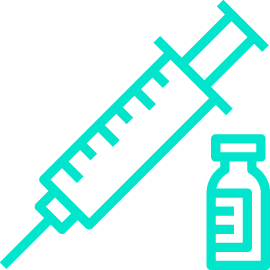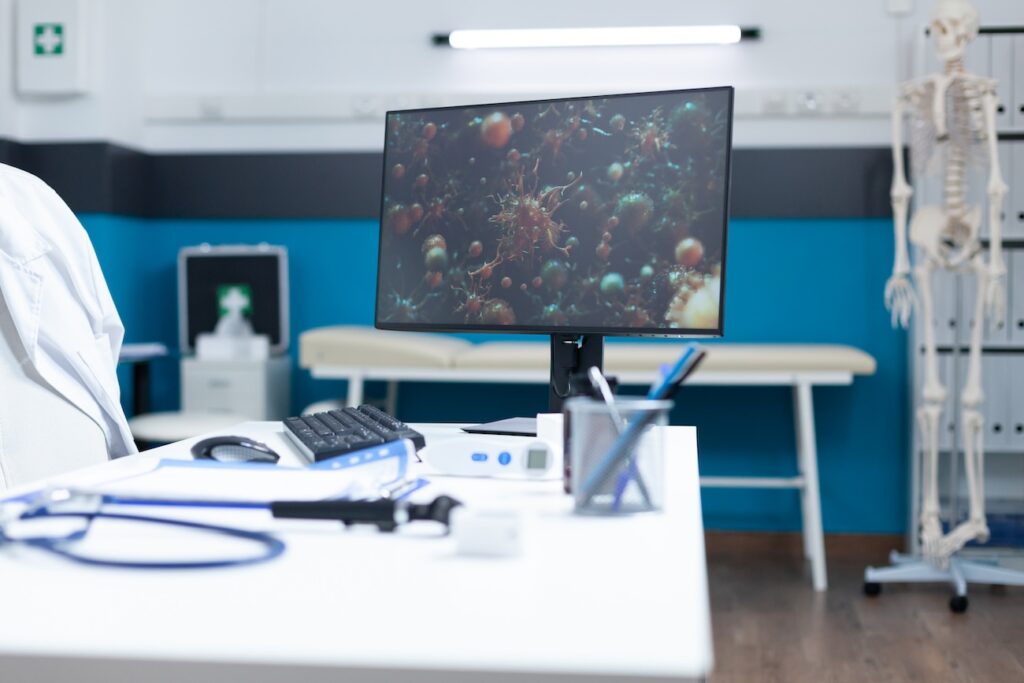Relieving Pain,Restoring Function,Renewing Hope
Your health is very important to us. Our goal is to reduce your pain, improve functionality, quality of life and preserve your overall health.
Our Guidelines
Interventional Pain Solutions believes in utilizing the most modern, peer reviewed and accepted techniques to care for you. We are committed to following the most recent guidelines as issued by the Centers for Disease Control and endorsed by the Surgeon General of the United States.
Our Values
We strongly discourage the use of benzodiazepines (Valium, Xanax, Ambien etc.) and similar medications. We may choose to use alternative methods to reduce your pain if you are taking these medicines.
Make An Appointment
Your first visit with us is a consultation. We DO NOT prescribe medications or do injections on the first visit. We will establish care with you, review your history, and look at any radiology exams you have had in order to decide the best course of action for you.


About Interventional Pain Solutions
Dr. Lipman has dedicated his life to solving problems
Dr. Lipman offers solutions that help patients live happier, healthier, and more normal lives. The options are cutting-edge: Now offering regenerative injections, platelet-rich plasma and stem cell injections.
Life-Changing Relief
Dr. Lipman transforms chronic pain into renewed hope.
Comprehensive Care
Treatments address physical, mental, and emotional well-being.
Cutting-Edge Options
Offers regenerative therapies and advanced anesthetic techniques.
Hope Restored
Patients regain joy and a sense of normal living.
Medical Services
Our Healthcare Service

Blocks
We offer advanced nerve blocks, which are targeted injections to relieve pain and improve function. You can find treatments like Genicular Block for knee pain and Stellate Ganglion Block for upper body and facial pain. These procedures help restore mobility, reduce discomfort, and support long-term recovery.

Common Procedures
We provide targeted spine and joint treatments, including injections and radiofrequency ablation, to relieve pain and restore function. Options include Medial Branch Blocks for back pain and SI Joint Injections for pelvic discomfort.

Injections
We provide specialized injections, which deliver targeted medication to reduce inflammation, relieve pain, and promote healing. You can find treatments like Epidural Steroid Injection for spine-related pain and Stem Cell Injections to support tissue repair and regeneration. These options offer effective, minimally invasive relief to improve quality of life.
Other Treatments
We also offer advanced treatments, which use innovative techniques to diagnose and relieve pain at its source. You can find options like Radio Frequency Ablation to disrupt pain signals and Kyphoplasty to restore spinal stability after fractures. These procedures are designed to improve function, reduce discomfort, and enhance recovery.

Stimulation
We offer advanced stimulation therapies that use gentle electrical signals to adjust nerve activity, easing pain and restoring function. Treatments can target the spinal cord, peripheral nerves, or specific muscles.
How We Work
Comprehensive Treatment
-
Book an Appointment
Your first visit with us is a consultation. We do not prescribe medications or do injections on the first visit.
-
Conduct Checkup
We will establish care with you, review your history, and look at any radiology exams you have had in order to decide the best course of action for you.
-
Evaluate
Dr. Lipman and his team of professionals take the time to look at the whole patient in considering treatment options.
-
Perfrom Treatment
From a variety of procedures to psychological counseling to specialized physical therapy, he addresses all aspects of their well-being.


Testimonials
What Patients Say About Us
“Pain free after...30+ years!”
Dr. ZACHARY LIPMAN CHANGED MY LIFE!! I am now pain free after living with pain the last 30+ years. Thank you Dr. Lipman and your amazing staff for all you have done for me!
“Friendly office staff and doctors.”
Such friendly office staff and doctors. They have been a god sent on relieving me from my pain. Thanks for everything Dr. Lipman.
“Great Group of Doctor's!”
I have been going to this office in Redding at the Court St. Address for several years now. I believe Dr. Lipman and Dr. Gasman and their staff are awesome. I have chronic bone pain in my neck and back from gymnastics as a kid. The care they give is not one size fits all. My issues were identified, discussed as to what kind of choices I had and what would be useful to me now as well into the future. I feel we work as a team. As the patient, they tell me about the new things available, such as medications or surgical procedures. They are always on top of what is new on the market. When my migraines got out of control, I was referred to a specialist. I know this is a long review, I could go on and on I really appreciate all they do for me.
“Highly recommended”
Have been here 3 times recently and seen by Dr Lipman. He was extremely knowledgeable and explained things to me in depth, and was very compassionate (which is important to me in a doctor). I have been to other pain management practices, but this office is very clean and has a friendly staff. Highly recommended and thank you for helping with my back pain!
Medical & Healthcare
Your health is very important to us.
Interventional Pain Solutions believes in utilizing the most modern, peer reviewed and accepted techniques to care for you. We are committed to following the most recent guidelines as issued by the Centers for Disease Control and endorsed by the Surgeon General of the United States.
Medical Advices & Check Ups
Trusted Medical Treatment
Emergency Help Available 8AM-5PM
Medical Research Professionals
Make Appointment & Take Care Of Your Healthy Life
Your first visit with us is a consultation.